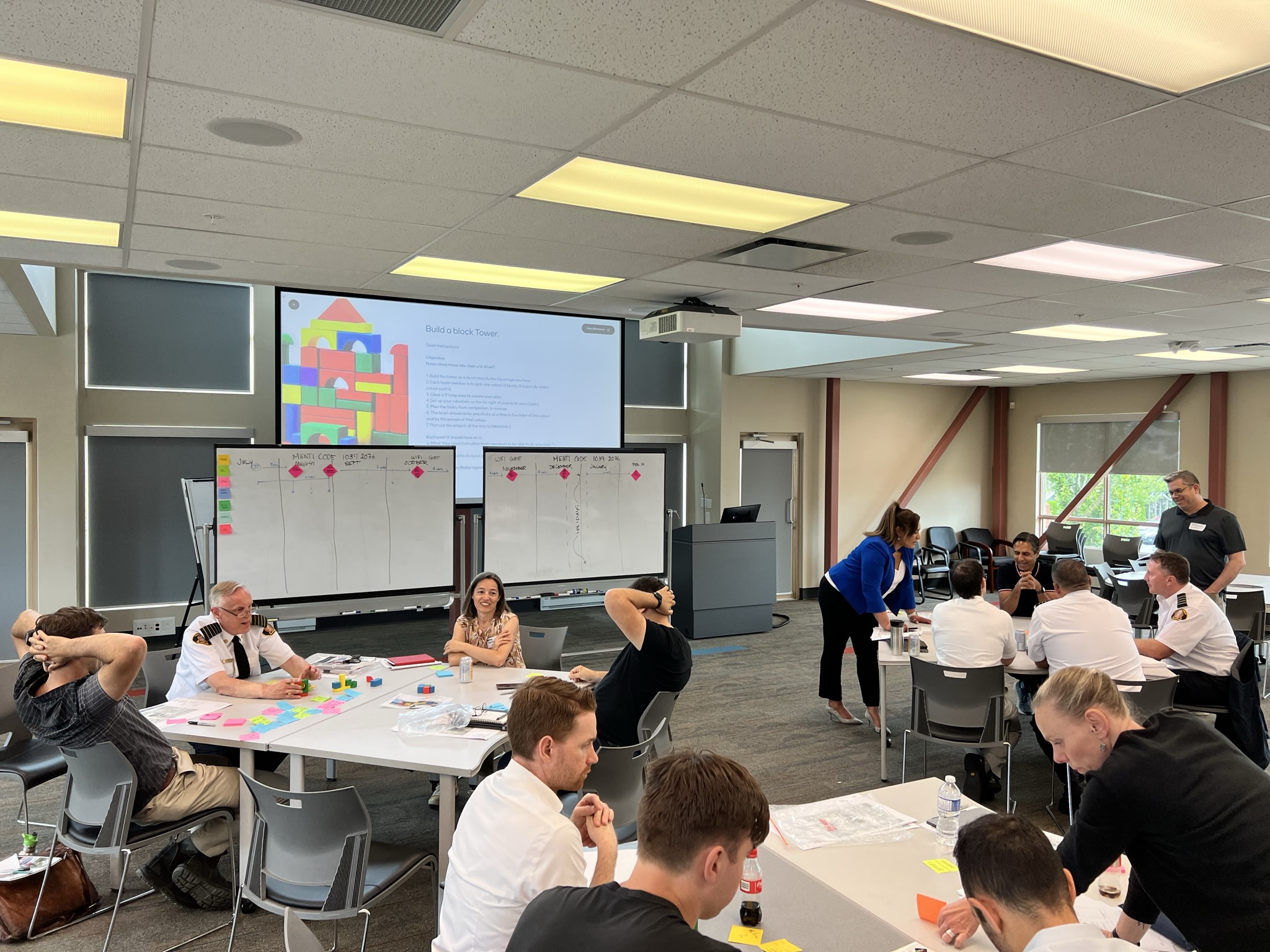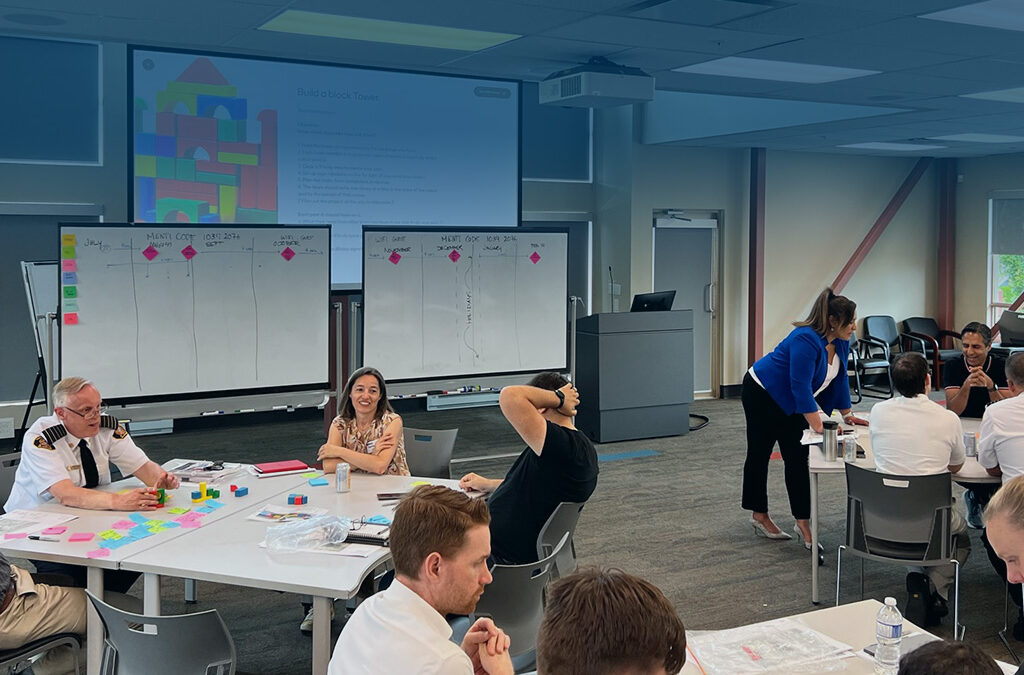Kinetic’s President and CEO, Tom Plumb sat down with Business Examiner to discuss how we implemented Integrated Project Delivery.
Mark MacDonald, from Business Examiner reports:
Despite its many successes, the construction industry is one of the most inefficient in today’s economy.
Studies indicate that many projects can have as much as 45 percent waste, notes Tom Plumb, President and CEO of Kinetic Construction. To that end, the company prefers a lean-based, Integrated Project Delivery (IPD) model he believes will not only benefit clients but could be a model that could transform the industry itself. “Integrated Project Delivery is extremely, painfully logical,” notes Plumb. “Having all the decision makers on a project at the table at the same time, from beginning to end, is a concept that only our industry has failed to understand.
“I think within the industry we’ve lost our concept of bringing value to the owner. Value is not necessarily price. It’s the balance between cost and utilization, and there’s been so much waste historically in construction. It has made the focus on real value difficult.”

Kinetic Construction started in 1984 and is employee-owned, with offices in Victoria, Courtenay and Vancouver. The award-winning company is a leader in Lean Construction, which has been transforming the industry through lean practices and methods, by combining operational research and practical development from design to completion.
Over the years, Plumb has marvelled at inefficiencies within the industry, and the Kinetic team has spent many hours pondering solutions to the problem, which almost without exception ends up with increased costs and reduced value to the client.
Removing many of the contractual difficulties that are naturally inherent in standard contracts in favour of new contracts based on trust and accountability was an ideal place to start. “By calling it Integrated, that means everybody required to complete a project or reach an objective which is focused on an owners’ requirements is at the table making decisions right from the beginning,” Plumb notes. “This brings the realization of what is actually the value to the owner and how much it is really going to cost, and how do we produce this project as a team to see a better conclusion is the result.
“IPD answers the question: How do we make sure we deliver value to an owner so that the project delivers not just at cost, but apply the cost to where it’s needed the most. You can only do that if you have the entire team at the table.”
The industry has suffered from “siloing”, where each company and/or trade holds their cards very close so others can’t figure out exactly how they do what they do, in case those secrets are shared with others. Or worse, some other company comes in to take their place.
“Many of our contracts are designed to create silo- ing,” observes Plumb. “To me, siloing is probably one of the biggest causes of waste and failure in any industry. If different stakeholders are approaching a common goal with only their own interests at heart, I don’t see how it could possibly be truly successful and our data has proven this point.” An example of the effectiveness of IPD is a reduction in a Request For Information (RFI), a documented question requiring an answer.
“It’s quite common in the industry, and we’ll have projects that will have in excess of 200-300 RFIs and hundreds of change orders. It could be an email sent to an architect with backup information that everybody involved needs to be informed about,” he states. “We did an exercise three years ago to find out what the actual cost of an RFI is, picking 10 random projects, and did interviews with consultants, engineers and owners, and concluded that $3,500 was the average. This is 100% waste. There is no added value in asking questions, Especially when the questions impact work flow. IPD strives to answer questions when it is the most efficient and cost effective to do so, prior to mobilization.
Plumb is confident that IPD and the accompanying lean mindset is the only model that can address those issues and many others in the construction process, adding “We’re very excited about it.”
View the publication in the January edition of Business Examiner here!
